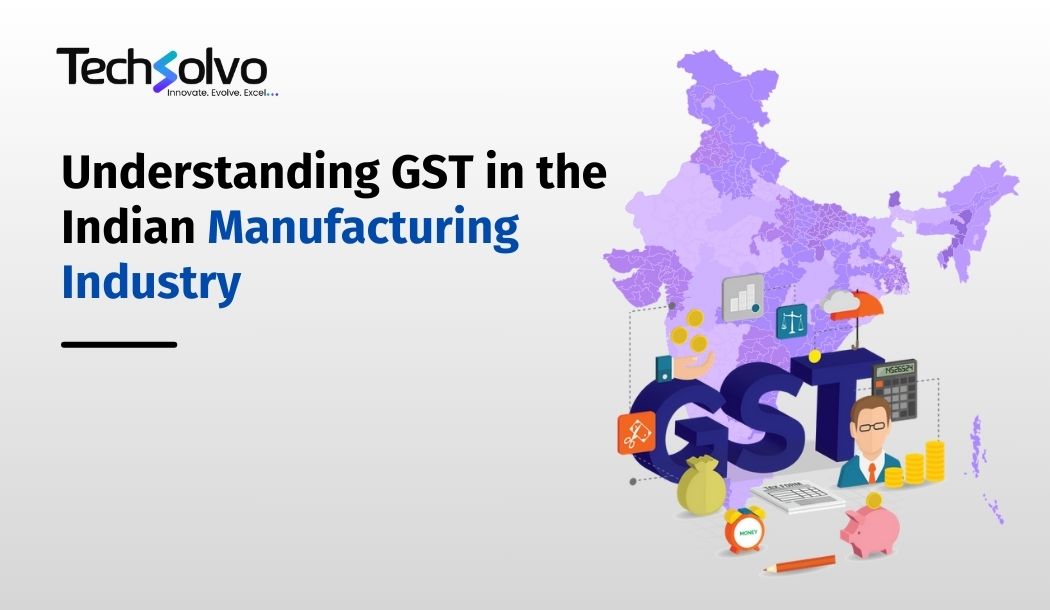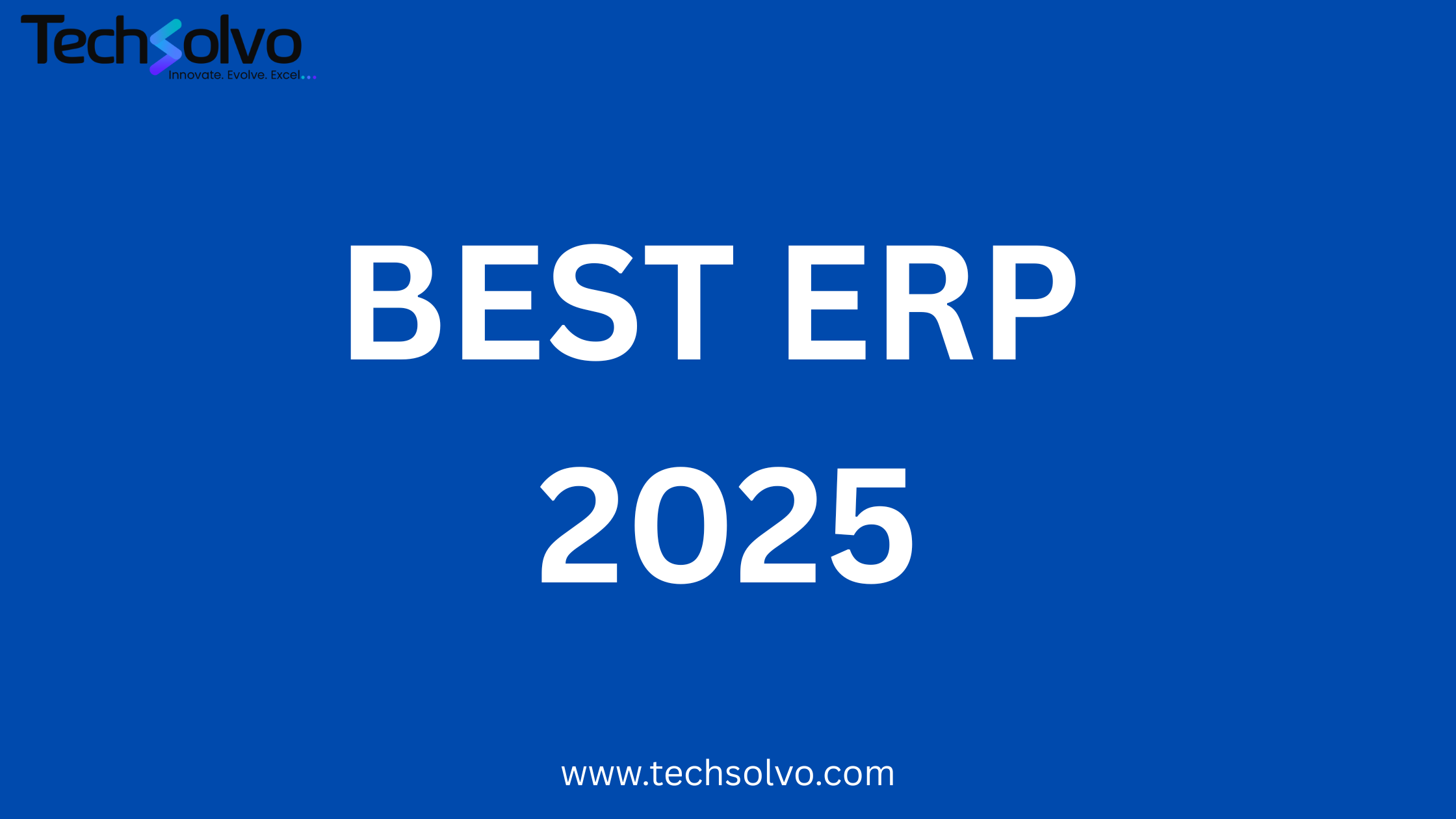
Understanding GST in the Indian Manufacturing Industry: Types, Benefits, and ERPNext Integration

The Goods and Services Tax (GST) was introduced in India on July 1, 2017, with the aim of unifying the complex tax structure into a single, streamlined system. This has had a significant impact on various sectors, including manufacturing. In this blog, we will explore the different types of GST applicable to the manufacturing industry, their implications, and how ERPNext can help manage GST for manufacturing business owners.
1. Introduction to GST in India
GST was implemented to replace multiple indirect taxes like excise duty, VAT, and service tax, aiming to create a single tax system for the entire country. This reform has brought about significant changes in the manufacturing sector, including simplifying tax compliance and reducing the cascading effect of taxes.
2. Types of GST
2.1 CGST (Central Goods and Services Tax)
CGST is levied by the Central Government on intra-state supply of goods and services. It applies within states and union territories, ensuring a uniform tax rate across the country.
2.2 SGST (State Goods and Services Tax)
SGST is levied by State Governments on intra-state supply of goods and services. Each state administers and collects SGST independently, which is then added to the central pool.
2.3 IGST (Integrated Goods and Services Tax)
IGST is charged on inter-state supply of goods and services as well as imports. It facilitates seamless tax credit flow between states and ensures that the central and state governments share the revenue appropriately.
2.4 UTGST (Union Territory Goods and Services Tax)
UTGST is applicable in Union Territories without a legislature, such as Chandigarh, Lakshadweep, and Dadra and Nagar Haveli. It operates similarly to SGST but is administered by the central government.
3. GST Rate Structure
GST in India has a multi-tier rate structure: 0%, 5%, 12%, 18%, and 28%. These rates vary based on the type of goods and services. For example, essential items like food grains are taxed at 0%, while luxury items like automobiles fall under the 28% bracket. Different rates impact various manufacturing sectors differently.
4. Input Tax Credit (ITC)
Input Tax Credit allows manufacturers to deduct the tax they have paid on inputs from their final tax liability. ITC is crucial for reducing the cost of production and improving cash flow. However, claiming ITC requires strict adherence to GST compliance and accurate record-keeping.
5. Compliance and Filing
Manufacturers need to register under GST and file regular returns. Key returns include:
- GSTR-1: Monthly return for outward supplies.
- GSTR-3B: Summary return for monthly tax payment.
- GSTR-9: Annual return.
Additionally, the e-way bill system ensures smooth transportation of goods by tracking their movement.
6. Challenges and Issues
Manufacturers face several challenges under GST, including high compliance costs, ITC mismatches, and frequent changes in regulations. Adopting best practices such as automating tax compliance and maintaining accurate records can help mitigate these challenges.
7. Benefits of GST for the Manufacturing Industry
GST has streamlined the tax system, reducing the cascading effect of taxes. It has also improved logistics and supply chain efficiency by removing inter-state tax barriers, resulting in faster movement of goods and reduced costs.
8. Case Studies/Examples
Numerous manufacturers have benefited from GST implementation. For instance, the FMCG sector has seen improved efficiency due to the abolition of multiple state taxes. Similarly, the automotive sector has experienced a reduction in overall tax burden, leading to lower production costs.
9. Future Prospects and Reforms
The government continues to work on simplifying GST compliance and addressing industry concerns. Proposed reforms include further rationalization of tax rates and enhancing the GSTN (GST Network) to improve user experience and reduce technical glitches.
10. Conclusion
GST has had a transformative impact on the manufacturing industry in India. While it has streamlined the tax structure and reduced costs, manufacturers must stay updated with compliance requirements to fully benefit from this tax regime.
11. How ERPNext Can Help Manage GST for Manufacturing Business Owners
ERPNext is an open-source ERP solution that can significantly simplify GST management for manufacturing businesses. Here’s how:
- Automated Compliance: ERPNext automates GST return filing, ensuring timely and accurate submissions.
- Real-time Reporting: Provides real-time reports on GST liabilities and ITC claims, helping in effective tax management.
- E-way Bill Integration: Facilitates seamless generation and tracking of e-way bills, ensuring compliance with transportation regulations.
- Inventory Management: Manages inventory and supply chain efficiently, aligning with GST requirements for input and output tracking.
- Scalability: ERPNext can scale with your business, adapting to changing GST norms and business growth.
By leveraging ERPNext, manufacturing businesses can not only stay compliant with GST regulations but also enhance their overall operational efficiency.
In conclusion, understanding the different types of GST and leveraging tools like ERPNext can help manufacturing businesses navigate the complexities of GST, ensuring compliance and optimizing their operations.
Insights
To properly understand the things that are prevalent in the industries, keeping up-to-date with the news is crucial. Take a look at some of our expertly created blogs, based on full-scale research and statistics on current market conditions.

How ERPNext Transforms Construction Businesses in the UAE | Techsolvo
Learn how ERPNext helps UAE construction firms streamline projects, procurement, retentio…

Why ERPNext is the Best ERP Software for Businesses in 2025 | Techsolvo
Discover why ERPNext is the top choice for modern businesses in 2025. Learn how Techsolvo…

Why Techsolvo is the Best ERPNext Implementation Partner in UAE
Discover why Techsolvo is recognized as the best ERPNext agency in the UAE. Trusted by ma…
